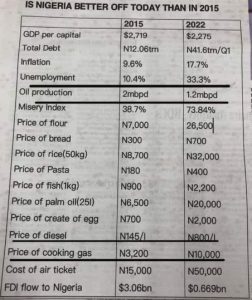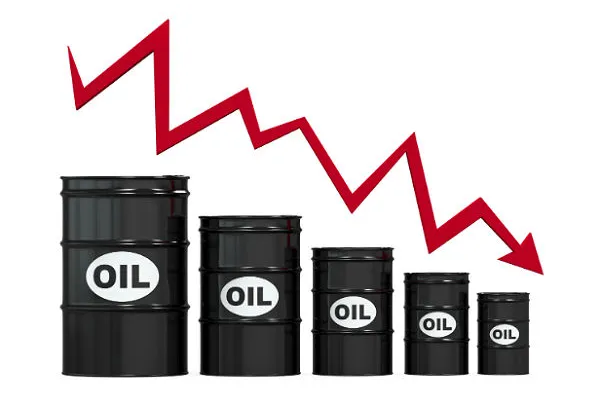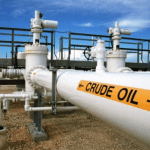Nigeria has once again fallen short of the daily oi production quota that the Organisation for Petroleum Exporting Countries (OPEC) assigned to it.
Oil production figure dropped by 6.2%, from 1.16 million barrels per day (bpd) recorded in June to 1.08 million bpd in July.
The decline occurred just a month after OPEC increased Nigeria’s quota to 1.826 million bpd, which economic and financial experts say may have helped the government shore up its external reserves and address foreign exchange concerns.
The Nigerian Upstream Petroleum Regulatory Commission (NUPRC) revealed the drop in output level in its latest crude oil and condensate production data for July 2022.

The country’s crude oil output averaged 1.39 million bpd, 1.25 million bpd, 1.24 million bpd, 1.22 million bpd, and 1.02 million bpd in January, February, March, April, and May, respectively.
According to June statistics, Nigeria has repeatedly fallen short of the 1.8 million bpd production target set by OPEC, which has had an impact on the nation’s revenue and forced the Federal government to borrow N19.9 trillion from the Central Bank of Nigeria (CBN).
State governors are already concerned about the impact of the government’s borrowings, with informed sources reporting that talks with President Muhammadu Buhari are ongoing regarding the possibility of converting the debt into long-term bonds.

In March of this year, Timipre Sylva, the minister of state for petroleum resources, claimed that poor investment and the departure of oil majors were limiting Nigeria’s ability to meet its oil output quota.
Aside from security issues, foreign funders such as the World Bank and the African Development Bank are directing their resources toward renewable energy targets in an effort to address climate change concerns.
According to industry analysts, Nigeria should expedite the implementation of the Petroleum Industry Act (PIA) to allow for investments in the renewable energy domain as mandated by the law.














